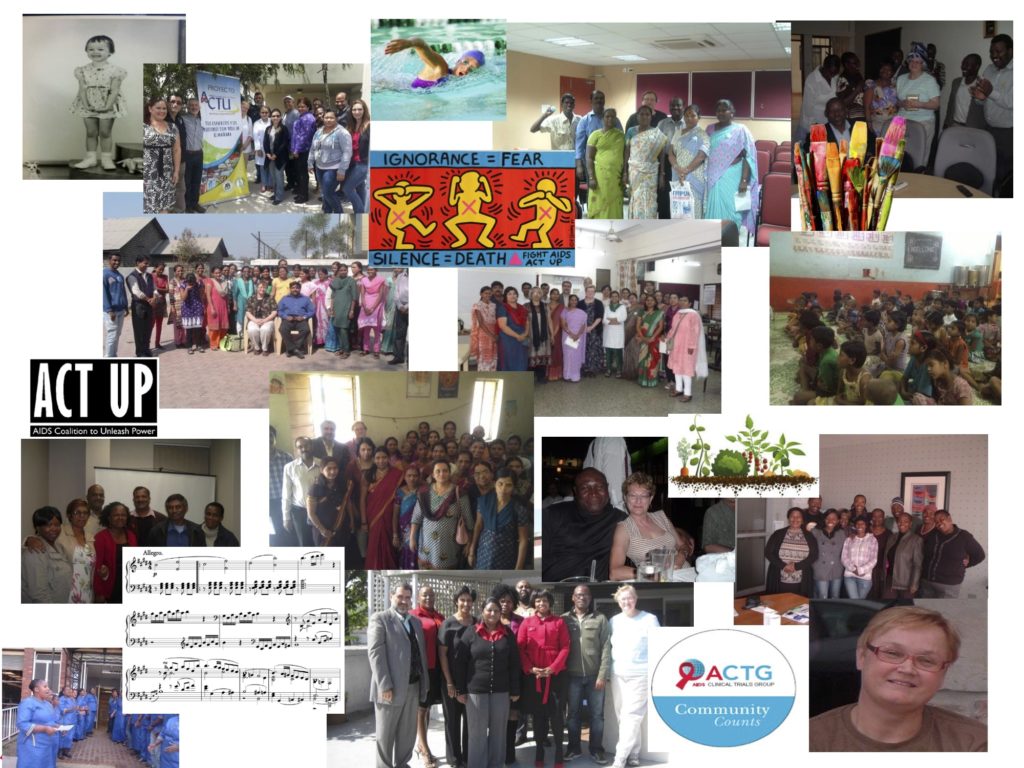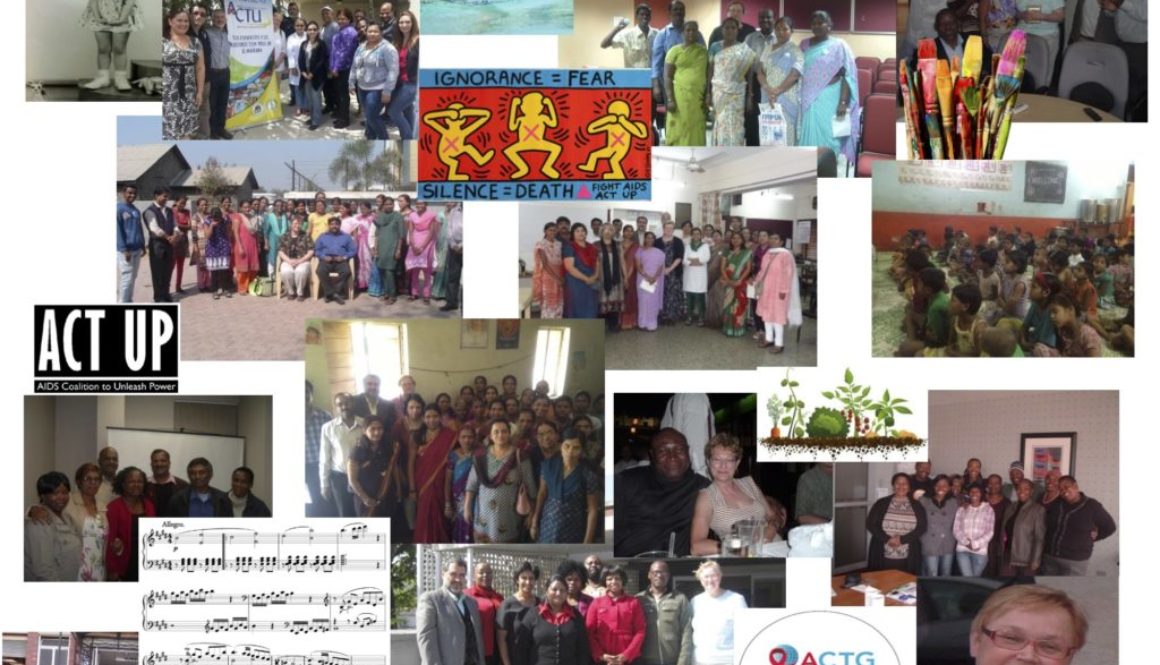Allegra Cermak

What is your name and where are you from?
Allegra Cermak, St. Louis, Missouri, USA
When did you join the ACTG?
I joined the Washington University CAB in 1992
Why did you get involved with the ACTG, and what are some of the things you’ve done as a member?
It was a personal kind of thing rather than an academic thing. I mean, I was there because of friends. Not because I didn’t care in the abstract, but I was in ACT UP because of a very specific friend. So I got to a meeting because of a very specific friend. And those people became my friends. And after awhile, almost all my friends were involved in AIDS. I don’t think you’re seeing that so much with the younger generation.
Describe your community.
I think a lot of staff feel close to several of the community members. I don’t think there is this big gulf in between. The experience I have now, is that there are things that come up that I will be in a meeting, or a staff meeting, or a meeting with leadership, and I’ll be speaking for the community point of view…I was actually on a conference call recently, and I went into something, and I said, “I’m sorry, I know I always sound like all I care about is what the CABs get,” and Ian Sanne said, “No, that’s your job. Your job is to speak for them.” And I was really touched that he thought of me that way.
What are the most important treatment issues to your community?
I’d like to see the community be interested in the breadth of potential research. There was some resistance in the community when we had TB added to our portfolio, and I thought that was too bad. Because a lot of things in the portfolio are only there because of community. Hepatitis, there was resistance. The bone disease, the community had asked for research into bone disease and was told no, that wasn’t an HIV issue. And then all of a sudden somebody else comes along and says it is and now we’re looking at bone disease. And I just hope that the community makes an effort to look at things they think are affecting them and pushes for there to be research into those issues, even if it’s not the ACTG. I mean, there might be a more appropriate place to do the research, and more appropriate institutes, but I’d kind of like to see them be knowledgeable enough and comfortable enough to propose ideas for research. Because a lot of the things that we’ve done over the years have really come from community pushing it.
How do you want your work in the ACTG to be remembered?
I want to reiterate that the ACTG system of community input was the very first time that community was part of the research process. And THAT is a really big deal. Most areas of research still have very little community input. Now, partly it’s possible with HIV because it’s a long-term commitment and it’s a long term illness, it’s not something where I’m cured and I’m gone. But any other institute, any other area of research, that is now involving community, that all started with the ACTG community. I mean to me that is, in a way, that is one of the biggest contributions that we’ve made. Not only because HIV research impacted all other kinds of research because of it being a disease where it’s other things that hurt you–it’s metabolic disease or kidney disease and you’re affected because of your HIV situation. So we’ve had this huge effect on areas of research that you don’t think of as being HIV, but also we’ve affected the way that research can be conducted involving community.
What are your future hopes for the ACTG and HIV research?
We’re only now starting to get some younger people. And they seem really committed, which is important. They don’t always have that sense of history, because they weren’t there. So that is kind of a problem. And the people who have been around a long time, they used to go out a lot, and they used to organize more activities as a group. They’ve gotten older and they don’t necessarily party until 3 AM, which is maybe not a bad thing, but at the same time, I guess can be a little bit of a generational thing
